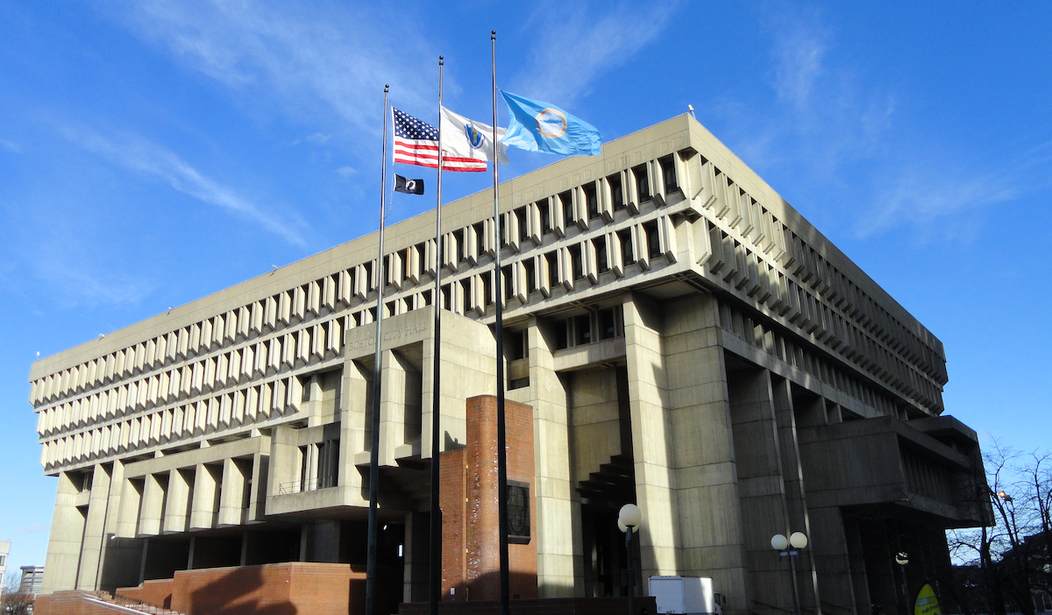It sparked no protest demonstrations or riots in the streets and none of the nine Supreme Court Justices who unanimously decided Shurtleff v. City of Boston faced protestors in their front yards or left-wing nutcases threatening them with murder.
No, it was the landmark Dobbs v. Jackson Womens’ Health Organization, decided on a 6-3 count, that prompted the violence, anger, and death threats. And it is true that Dobbs, because it reversed the infamous Roe v. Wade decision and thereby returned the issue of abortion to the state legislatures, remains the fuel for all kinds of political debate and controversy.
But, as important as Dobbs surely is, Shurtleff restored the right of every American to practice and express their religious beliefs, as guaranteed by the First Amendment. As Liberty Counsel Founder and Chairman Mat Staver put it recently:
This 9-0 decision from the Supreme Court involving the Christian flag continues to have an impact across the nation. The clear message from the Supreme Court is that government must not discriminate based on viewpoint. The government cannot favor one viewpoint and censor another and cannot censor religious viewpoints under the guise of government speech. Any governments that are ignoring this ruling are setting themselves up for potential lawsuits.
The facts of Shurtleff were simple enough: Boston city officials barred the display of a flag bearing a Christian message in a square that for decades had welcomed the flags of a wide spectrum of causes, movements, and organizations. They did so because the application submitted by the sponsoring group referred to it as a “Christian flag.”
Related: Is Religion a Basic Human Need?
But it was not just the justices affirming that the First Amendment protects religious expression that makes Shurtleff a landmark decision of immense significance. The justices also laid the groundwork for reversing the “Lemon Test” the Court had established way back in 1971 in Lemon v. Kurtzman.
As Anne Howe on Scotus Blog explained following the Court’s Kennedy v. Bremerton School District decision, the Lemon test was used for decades by the Court “to decide that a law or practice will pass constitutional muster if it has a secular purpose, its principal effect does not advance or inhibit religion, and it does not create an ‘excessive entanglement with religion.’”
The Bremerton decision affirmed that high school football coach Joseph Kennedy had the right to pray in public at the 50-yard line after games in which his players competed, representing a public school.
In a statement earlier this week, Liberty Counsel described the significance of Bremerton and the connection to Shurtleff:
In addition, the High Court also finally buried the “Lemon Test,” citing Liberty Counsel’s 9-0 decision in Shurtleff v. City of Boston involving the Christian flag. The Justices wrote: “In fact, just this term, the Court unanimously rejected a city’s attempt to censor religious speech based on Lemon and the endorsement test (See Shurtleff, 596 U. S.).”
There are multiple positive consequences of these developments that ought to put huge smiles on the faces of First Amendment/civil liberties/religious freedom advocates across the political spectrum. Here are four, as described by Liberty Counsel:
- Government shall not discriminate against religious viewpoints whether expressed in speech, symbols, displays, or performances.
- Public schools must permit after school religious student clubs the same access they allow similar secular clubs.
- Churches can rent public schools for worship services.
- Since the “Lemon Test” is dead and the Establishment Clause must be interpreted according to its historical intent, all the cases that relied on the Lemon test are no longer good law, including cases that struck down prayer, Ten Commandments, Nativity displays or other religious symbols, religious performances, religious speech and expression, rental of public school facilities for church services when other secular use is permitted, student aid programs, and much more.
Whether you are found sitting in the front pew of your church every Sunday morning, an Easter-and-Christmas visitor, a totally convinced atheist, or a “none” — somebody who just doesn’t know or care about these matters — everybody’s freedom to express their religious beliefs and principles, or lack thereof, in public and private is stronger today. We should all be thankful for this.










Join the conversation as a VIP Member